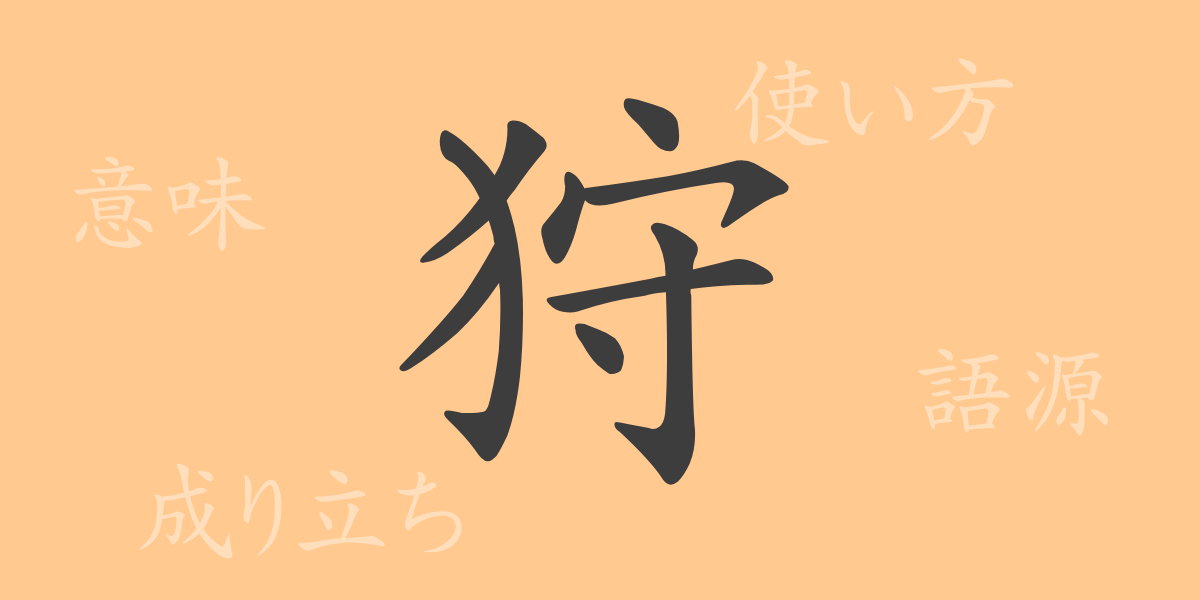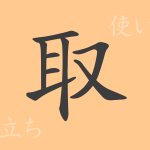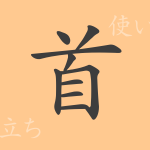Japanese culture and language are often deeply understood through kanji. Among them, “狩(かり)” is a commonly used character in daily life and culture. This article explores the origin, meaning, usage, and idioms of the kanji “狩(かり),” delving into its allure.
Origin of 狩(かり) (Etymology)
The kanji “狩(かり)” was used in ancient China to represent hunting. Given the importance of hunting in daily life, this character has been closely linked to human activities for centuries. The original character evolved from an ideogram depicting a person with a dog chasing a beast. The combination of “犬(いぬ)” (dog) and “守(しゅ)” (guard) suggests a meaning more focused on capturing rather than guarding beasts.
Meanings and Usage of 狩(かり)
The kanji “狩(かり)” means “to hunt” or “to engage in hunting.” Additionally, it signifies “to seek” or “to pursue something actively.” Beyond hunting, it can be used metaphorically, such as in “仕事を狩る(しごとをかる)” (to hunt for a job), indicating an activity aimed at a specific goal.
Readings, Stroke Count, and Radical of 狩(かり)
The kanji “狩(かり)” has multiple readings in Japanese:
- Readings: The on’yomi (音読み) is “シュ,” and the kun’yomi (訓読み) is “かる” and “かり.”
- Stroke count: “狩(かり)” has a total of 9 strokes.
- Radical: The radical is “犬(いぬ),” which classifies kanji related to dogs.
Idioms, Phrases, and Proverbs Using 狩(かり)
There are various idioms, phrases, and proverbs in Japanese that include “狩(かり).” Here are some examples:
- 狩り出す(かりだす) – To drive something out. Used in sentences like “彼は会社から狩り出された” (He was driven out of the company).
- 狩人(かりうど) – A person who makes a living from hunting, or metaphorically, a person who actively pursues something with skill and ability.
- 狩猟民族(しゅりょうみんぞく) – A people or tribe whose primary means of subsistence is hunting.
- 狩場(かりば) – A hunting ground. Metaphorically, it can refer to a favorable place or situation for one’s advantage.
Conclusion on 狩(かり)
The kanji “狩(かり)” not only means hunting but is also used in various contexts in Japanese life and language. Even as hunting culture fades in modern times, the meanings and expressions involving “狩(かり)” continue to be embedded in our language, reflecting the depth of the Japanese language. Through this article, we hope you have gained an interest in the kanji “狩(かり)” and its rich history and meanings.

























